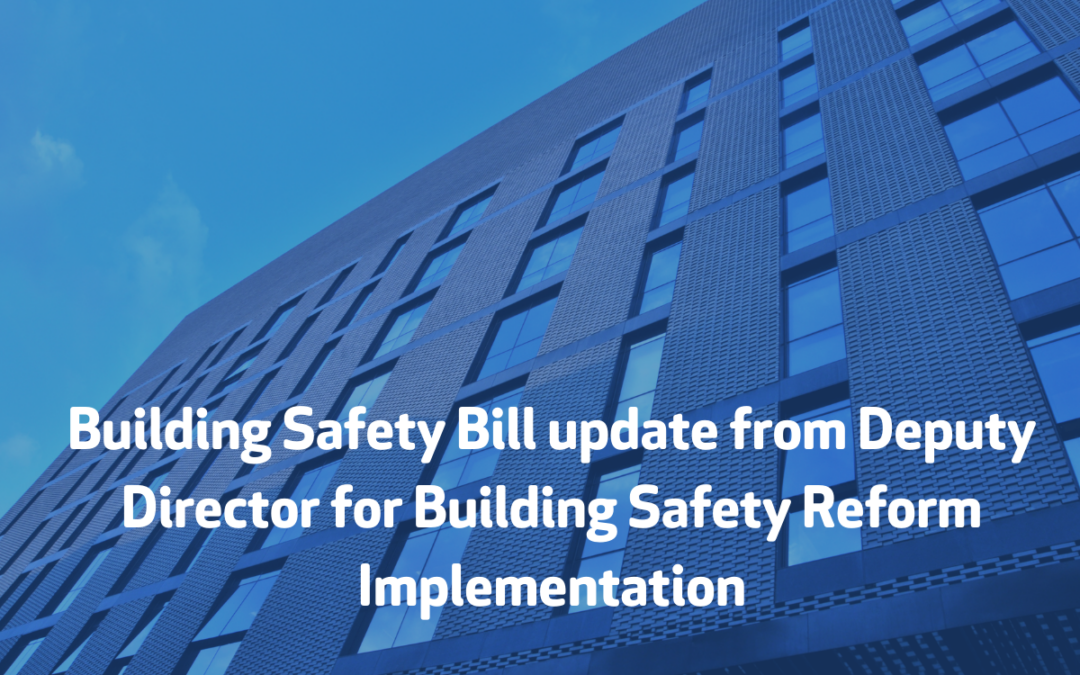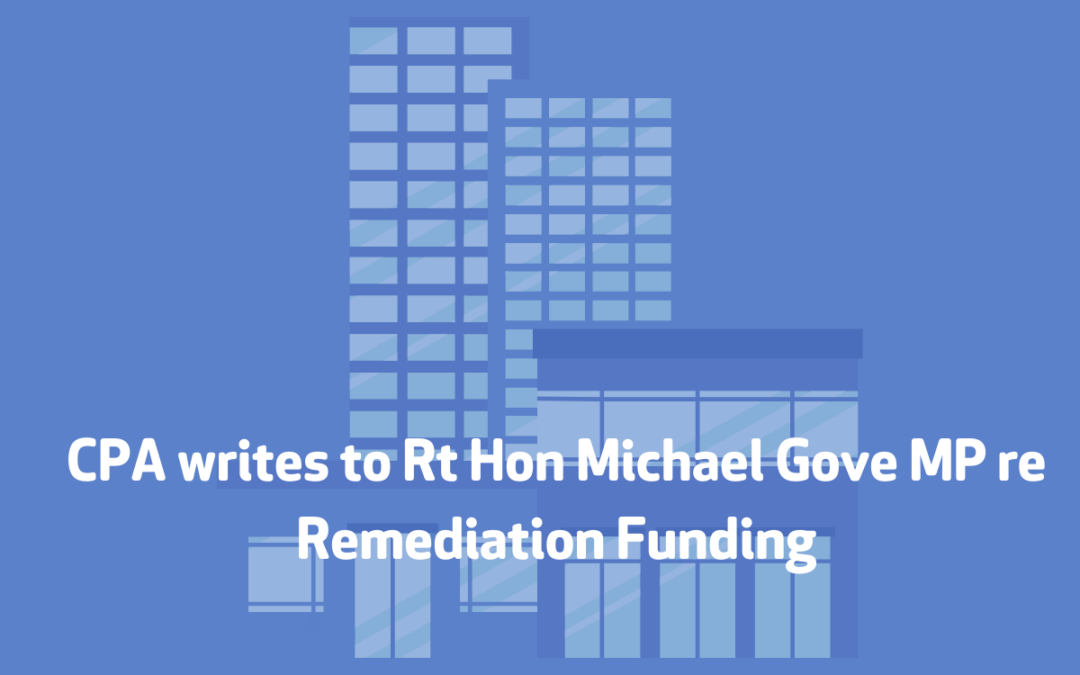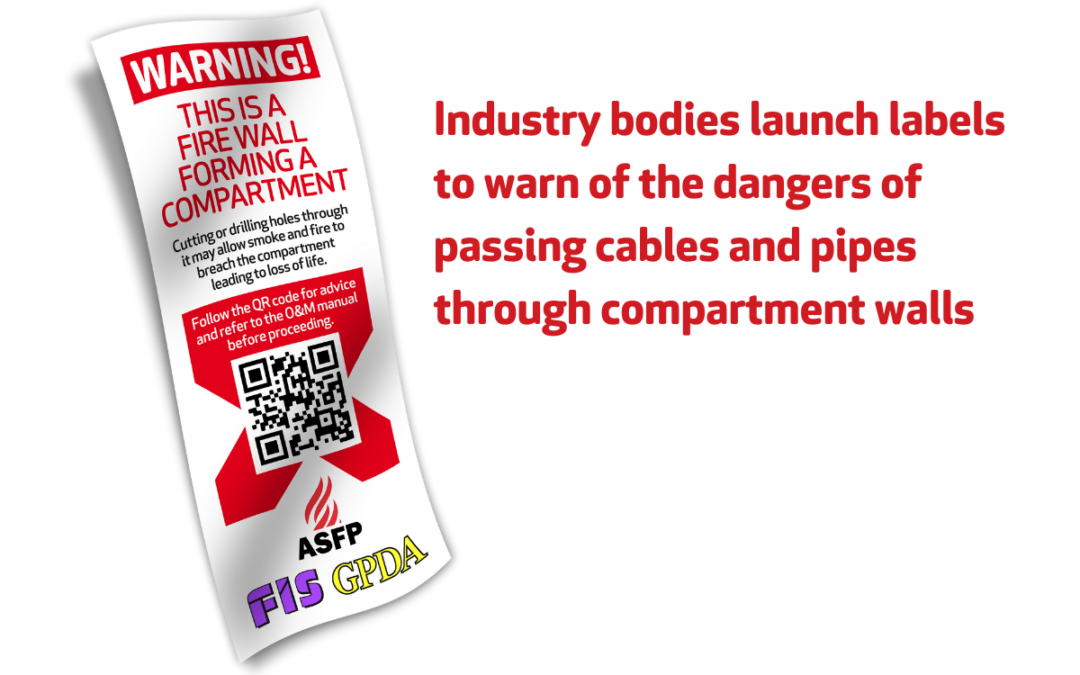In January, the Government set out the three principles underlying its new approach to tackling the building safety crisis:
- We must make industry pay to fix the problems for which it is responsible.
- We must protect leaseholders.
- We must restore common sense to the assessment of building safety risks, speeding up fixing the highest risk buildings and stopping buildings from being declared unsafe unnecessarily.
- We have been listening carefully to stakeholders and parliamentary debates, and are now introducing a number of further changes to reinforce our new approach. Please see a summary of the key updates below.
Protecting Leaseholders
We are exempting more leaseholders from paying any costs for remediation. In addition to exempting all leaseholders in buildings over 11 metres from cladding costs, qualifying leaseholders with properties valued at less than £175,000 (or £325,000 in Greater London) will now be protected entirely from all remediation costs, including those related to non-cladding defects. We are also protecting leaseholders who own a small number of properties, providing that those owning up to three properties qualify for all leaseholder protections in the Bill (up from two properties previously). We are making it easier for leaseholders to pay their capped contribution towards non-cladding remediation, where their building’s developer, freeholder or landlord cannot be traced or cannot afford to pay the full costs.
We are now allowing leaseholders to spread their contribution payment over ten, rather than five years. We are also ensuring that remediation, where required, is conducted quickly, preventing leaseholders being trapped for years in unfinished buildings. Remediation Orders will be available to set out the remediation work required, and the time period in which it must be completed by the landlord of a building. Taken together, these changes mean that many leaseholders across England will now pay nothing for any remediation works; and of those remaining, no one will pay more than £10,000 (£15,000 in London) for remediation works across their lifetime.
Ensuring Industry Pays
We have been clear that those who developed defective buildings or produced and sold dangerous cladding and insulation must pay to fix the problems they created. The Secretary of State will be updating shortly on progress in discussions with industry to ensure they self-remediate their buildings. In the meantime, today we are providing further detail on how the Government will impose a solution on the industry to the need to pay for buildings to be remediated, if they do not agree voluntarily.
These include powers to block developers from starting work even where they have planning permission, and to stop new buildings being signed off as fit for use. We do not want to use these powers, but the industry should be in no doubt that we will not hesitate to use them should it become necessary. We are also strengthening the tools available to compel developers and construction products manufacturers to pay their share of remediation costs. New Remediation Contribution Orders will be available to compel developers, partnerships and limited liability partnerships, and landlords to pay for remediation, preventing them from hiding their liability behind complex company structures. These Orders will also be able to require developers of defective buildings to reimburse leaseholders for costs they have already paid out. We are also creating new causes of action to compel construction products manufacturers to pay to put right buildings that have been compromised by their products, further reducing the costs for which leaseholders might become liable.
The Future Safety Regime
Finally, we have listened carefully to where leaseholders have noted concerns about the structure of the future safety regime outlined in the Building Safety Bill – particularly where decision-making power is concentrated in the hands of freeholders and managing agents, and not the residents who live in a building and know it best. To that end, we are:
- Removing the duty to appoint a Building Safety Manager, ensuring there is flexibility in the regime to enable Accountable Persons to set the most appropriate arrangements for their buildings and residents, and removing the unnecessary cost a BSM could impose on leaseholders in high rise buildings.
Removing the separate Building Safety Charge, recognising the need to protect leaseholders from another additional charging infrastructure.
Requiring the Building Safety Regulator to invite disabled representatives onto its residents’ panel; ensuring they have a strong voice in the regime as those among the most vulnerable in the event of a building fire.
Enabling resident-managed buildings to appoint a professional director to support them in meeting their building safety duties.
Additional Amendments
There are several other smaller changes that will nonetheless help to further improve the system. These include removing insurance requirements on Approved Inspectors, to help unblock the sector; strengthening the inspection powers for the Building Safety Regulator; and ensuring that we can require longer warranties.
These amendments further strengthen the robust package of measures we have already introduced to ensure that those responsible finally put right the buildings they made dangerously; that the burden for fixing historic issues is shared more fairly; and that leaseholders are firmly protected from the egregious costs they currently face. We would like to thank you for your continued engagement with us on this important agenda, and I’m sure you would like to discuss the above in further detail. We will make sure we create space on our next agenda, or if you’d prefer, the team can put in a slot before the Easter holidays. If you plan on responding publicly to the amendments tabled, please do share your response with the department at ExternalAffairs@levellingup.gov.uk
Responding to this statement FIS CEO Iain McIlwee stated:
“The Building Safety Bill is to be welcomed and the emphasis on future works and how the process of construction should evolve is pretty much what we have been calling for for years. However mechanisms to manage legacy issues must evolve quickly and vitally with the support of Government. This is essential to avoiding the inevitable avalanche of blame that businesses (including many SMEs) will face.
Whilst Polluter Pays is a simple political statement it is a much more complex moral and legal argument. Of course, we have to be accountable for our past deeds and leaseholders should absolutely be protected in every way, but amends to the Bill focus on blame, but it is light on the mechanisms to manage the myriad of contractual disputes that could emerge through the supply chain.
Construction disputes are typically multi-faceted, often complicated by shared responsibility and always worse if there is not a clear paper trail. We need to look to reasons behind and lessons learned from the implementation of the Construction Act to ensure the unintended consequences don’t unravel great progress being made and decimate the sector (creating a shockwave that will impact construction as a whole).
Whilst the Bill extends the legacy liability periods for construction, this is not matched with a similar responsibility for those that were part of our risk management equation such as insurers. Looking forwards it recognises the need to change, but when it comes to legacy, it simply doesn’t reflect that, at times, the system itself was failing many of those working in it and that contracts were often signed under duress and do not match the reality on the ground.
We will continue to work with Government and colleagues in the CPA and CLC to try and find a fair and proportionate approach, but it is vital in doing this that we unite the supply chain and create an environment that doesn’t facilitate the creation of a whole new opportunistic “PPI Claims” type industry and favour those that can (or historically could) afford the best lawyers. We must ensure that the blame doesn’t land disproportionately on those never set up to succeed by failings elsewhere and the polluters are genuinely held to account, not those it is easiest and most convenient to blame.”





